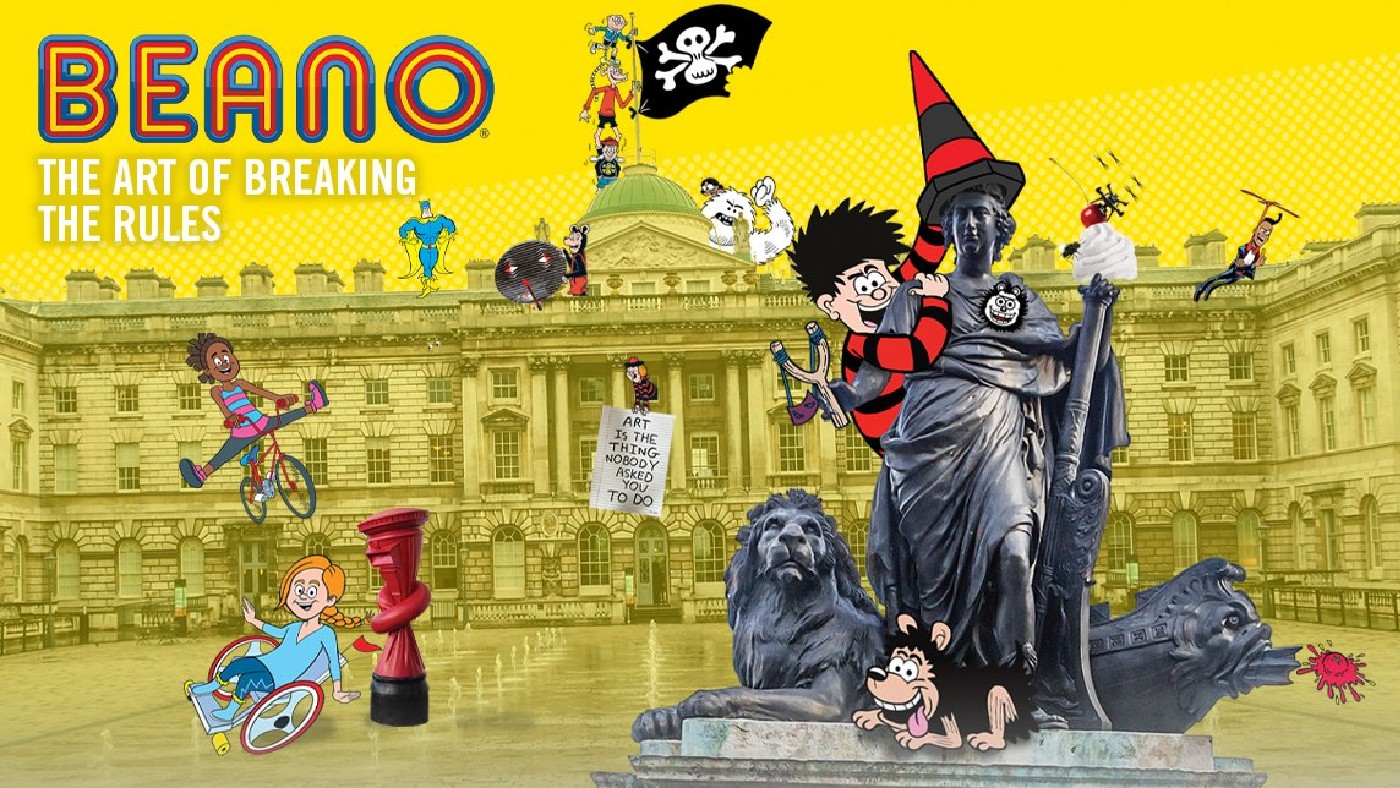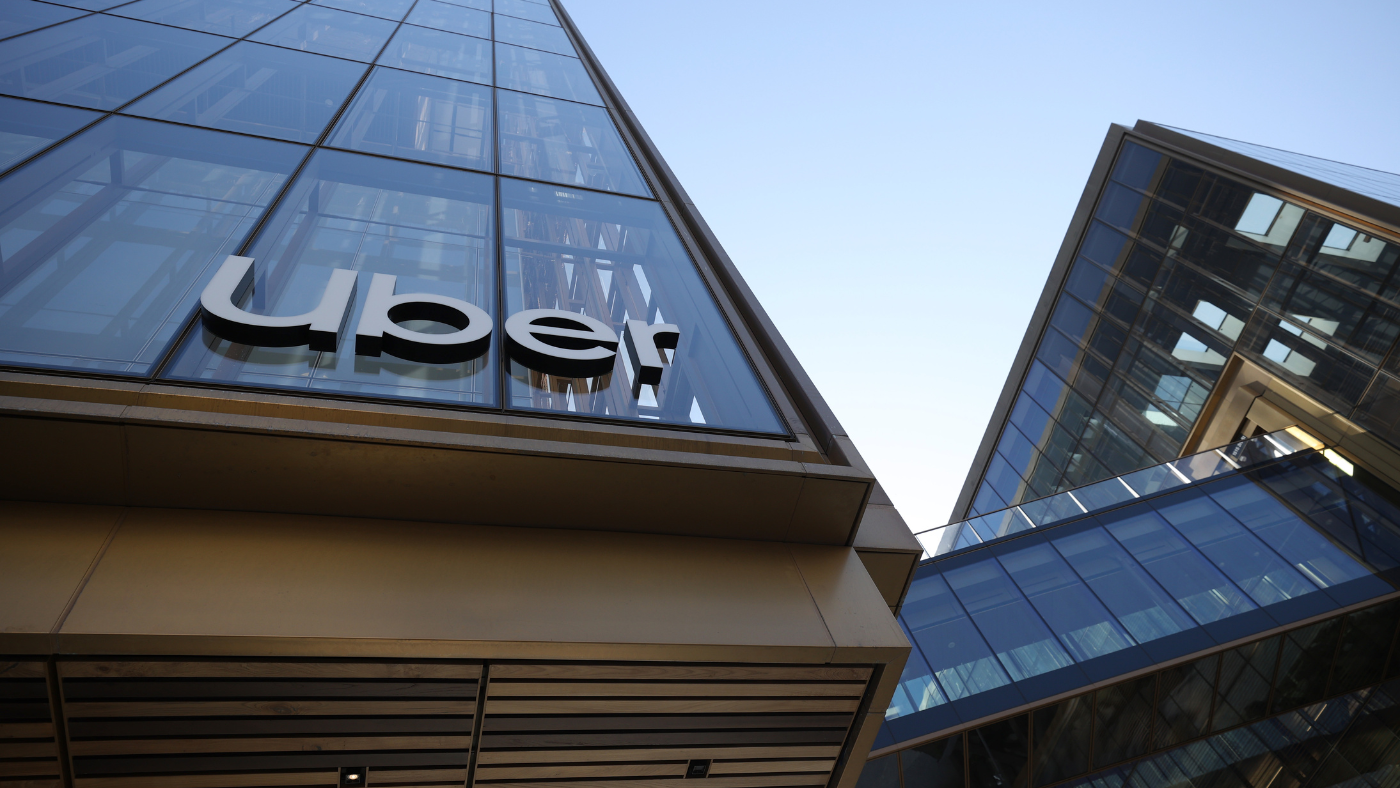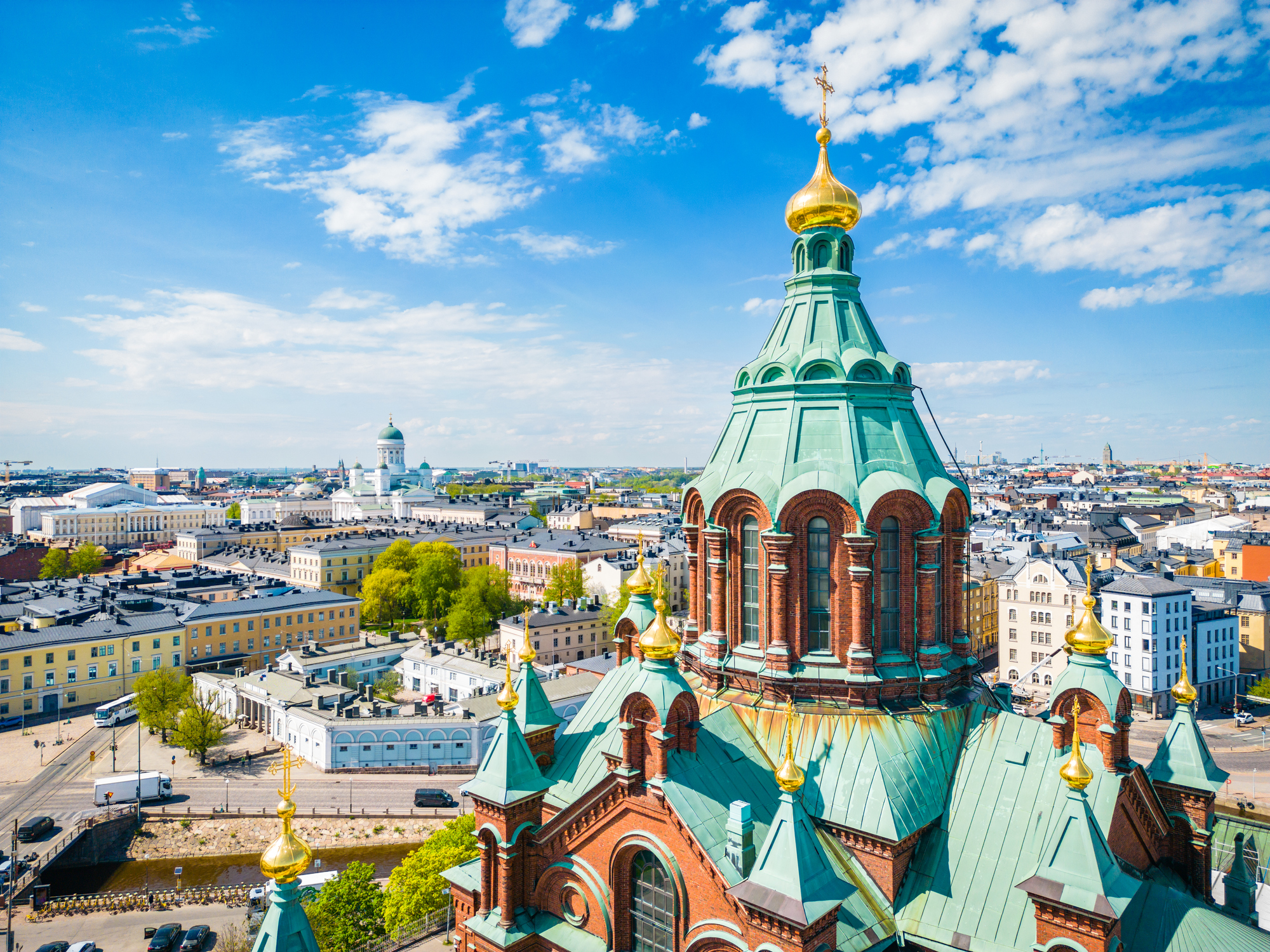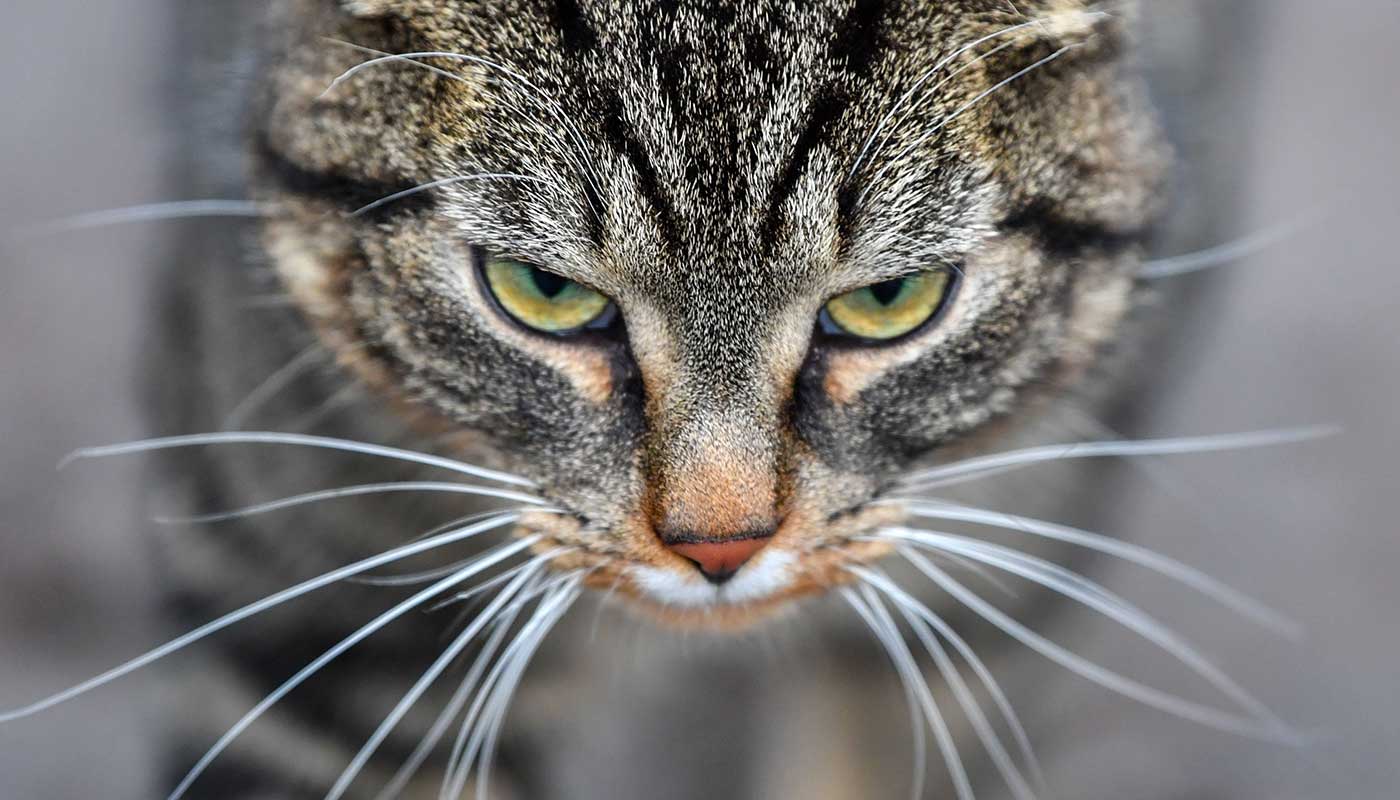‘The National Trust should be a refuge from the modern world - not reflect it’
Your digest of analysis from the British and international press

- 1. Stately homes are a refuge not a battlefield
- 2. We shouldn’t let a few bad statues spoil our taste for public art
- 3. For Uber and Lyft, the rideshare bubble bursts
- 4. The gap between reckless Brexit promises and reality will soon be too big to ignore
- 5. Treating viruses like atomic bombs would help prevent pandemics
A free daily email with the biggest news stories of the day – and the best features from TheWeek.com
You are now subscribed
Your newsletter sign-up was successful
1. Stately homes are a refuge not a battlefield
Clare Foges in The Times
on disputed history
“The good old National Trust has been a tonic for millions of souls,” writes Clare Foges in The Times, but the 126-year-old organisation “now faces a battle for its own”. Ahead of a vote to elect its council, the charity has a “de-pinned grenade whistling towards it” in the form of a group of “heritage traditionalists” called Restore Trust, who present themselves as members “disgruntled at the trust’s capitulation to wokeness”, Foges writes. While many paint Restore Trust as being “old bigots beating against the tide of progress”, their “central charge”, that “the National Trust is in danger of losing sight of what it was created for” is “right”, she continues. The National Trust is intended to be “a custodian” of country houses, preserved for members of the public who have no country home, “not a campaigning organisation”. “Large organisations such as the National Trust talk often about changing their offer lest they look fusty and out of touch, but a lot of us are attracted to the trust experience precisely because it changes little,” writes Foges. “We do not want the trust to reflect the modern world but to be a refuge from it.”
The Week
Escape your echo chamber. Get the facts behind the news, plus analysis from multiple perspectives.

Sign up for The Week's Free Newsletters
From our morning news briefing to a weekly Good News Newsletter, get the best of The Week delivered directly to your inbox.
From our morning news briefing to a weekly Good News Newsletter, get the best of The Week delivered directly to your inbox.
2. We shouldn’t let a few bad statues spoil our taste for public art
Jane Shilling in The Telegraph
on merit in mediocrity
Described as “dreadful” and “an insult” by critics, a new statue of “Greek diva” Maria Callas unveiled in Athens last week “was not met with universal acclaim”, writes Jane Shilling in The Telegraph. While the “monumental sculptors of the Renaissance or classical Greece and Rome may have felt that theirs was an honoured calling”, to be a public artist today “is to run a gauntlet of cruel scrutiny from the armchair critics of social media”, Shilling writes. But “the intention of public art is generally virtuous; the fact that so much of it is mediocre is not a reason to give up”, she continues. And while “an encounter with a meretricious artwork can sour your day as reliably as a badly cooked meal” one finds that “in art, as in cooking, the memory of the good tends to efface the bad”.
A free daily email with the biggest news stories of the day – and the best features from TheWeek.com
3. For Uber and Lyft, the rideshare bubble bursts
Greg Bensinger in The New York Times
on falling unicorns
“Piece by piece, the mythology around ridesharing is falling apart,” writes Greg Bensinger in The New York Times. “Uber and Lyft promised ubiquitous self-driving cars as soon as this year,” he writes. “Heck, they even promised flying cars,” amid a litany of other pledges. “Well, none of that has gone as promised” and “now a new study is punching a hole in another of Uber and Lyft’s promised benefits: curtailing pollution”. While it might be “tempting” to “chalk up” many of these broken promises “to marketing and typical corporate chest thumping”, these companies have “skirted laws for years to help drive growth and along the way have made drivers pawns in their race to the bottom”. While it may be true that they offer a “useful service” in some aspects, such as “access to transportation in underserved areas”, it’s clear that “after years of bluster, it’s hard to believe them about much else”.
4. The gap between reckless Brexit promises and reality will soon be too big to ignore
John Harris in The Guardian
on ‘a cruel deceit’
“What must it be like to be in the inner circles of this government, watching the economy bounce from crisis to crisis?” writes John Harris in The Guardian. “I wonder: in cabinet meetings and ministerial get-togethers, do they laugh at the apparent absurdity of it all, or anxiously exchange estimates of when the roof might finally start to fall in? After all, the central political fact of life in the UK could not be more stark,” Harris continues. “In England and Wales, the contrast between the realities of life outside the EU and what we were promised seems like some cruel deceit at the heart of a family or marriage: silently acknowledged and understood, but so far largely unspoken,” he writes. “Looking to the future, one big political question surely demands to be asked: what happens when some watershed point is reached, and the fact that people were conned becomes inescapable?”
5. Treating viruses like atomic bombs would help prevent pandemics
Tom Tugendhat in the Financial Times
on valuable lessons
“The first atomic explosion revealed a power that transformed our world,” writes Tom Tugendhat in the Financial Times. “Covid-19 has exposed a similar shared risk – and the gaps in our defences,” says the Conservative MP, who is also the chair of the foreign affairs committee. “We need new global public health powers that can access sites around the world, perhaps modelled on the nuclear sector,” Tugendhat writes. We can learn “valuable lessons” from the atomic industry, he continues. “Scrutiny, peer pressure and the sharing of safety standards are the best protections we have.” While the pandemic “could have been worse”, the “alarm could not have been louder”, says the MP. “We need greater transparency if we are to prevent the local outbreaks of the future from becoming something deadlier.”
-
 What to know before filing your own taxes for the first time
What to know before filing your own taxes for the first timethe explainer Tackle this financial milestone with confidence
-
 The biggest box office flops of the 21st century
The biggest box office flops of the 21st centuryin depth Unnecessary remakes and turgid, expensive CGI-fests highlight this list of these most notorious box-office losers
-
 What are the best investments for beginners?
What are the best investments for beginners?The Explainer Stocks and ETFs and bonds, oh my
-
 ‘Irony’ as Zoom calls staff back to office
‘Irony’ as Zoom calls staff back to officefeature And other stories from the stranger side of life
-
 The U.S. veterinarian shortage crisis
The U.S. veterinarian shortage crisisSpeed Read With an anticipated shortage of 15,000 vets by 2030, it will be harder to get care for pets
-
 Company teaches mask-wearers to smile again
Company teaches mask-wearers to smile againfeature And other stories from the stranger side of life
-
 Beano comics sent to Australia
Beano comics sent to Australiafeature And other stories from the stranger side of life
-
 Unicycle, fake blood and self-respect left in Ubers
Unicycle, fake blood and self-respect left in Ubersfeature And other stories from the stranger side of life
-
 Roman mosaic unearthed at Aldi
Roman mosaic unearthed at Aldifeature And other stories from the stranger side of life
-
 Global happiness has been 'remarkably resilient' over the past three years
Global happiness has been 'remarkably resilient' over the past three yearsfeature
-
 Ministers considered killing all cats during pandemic
Ministers considered killing all cats during pandemicfeature And other stories from the stranger side of life